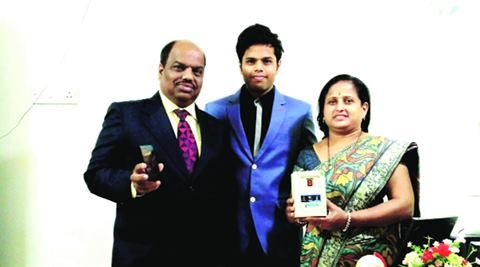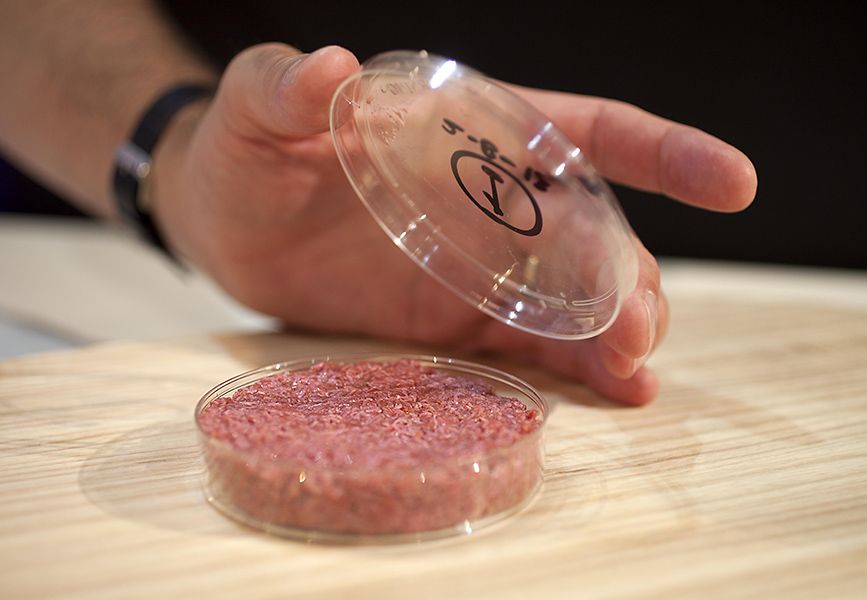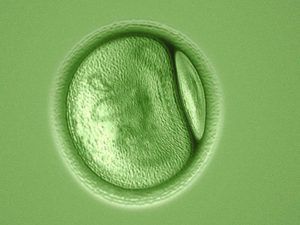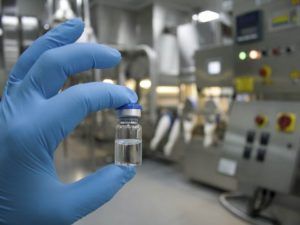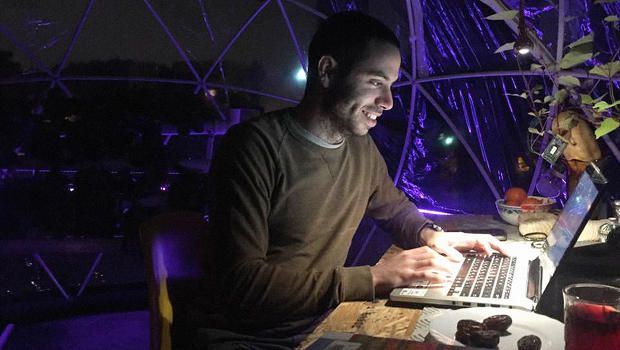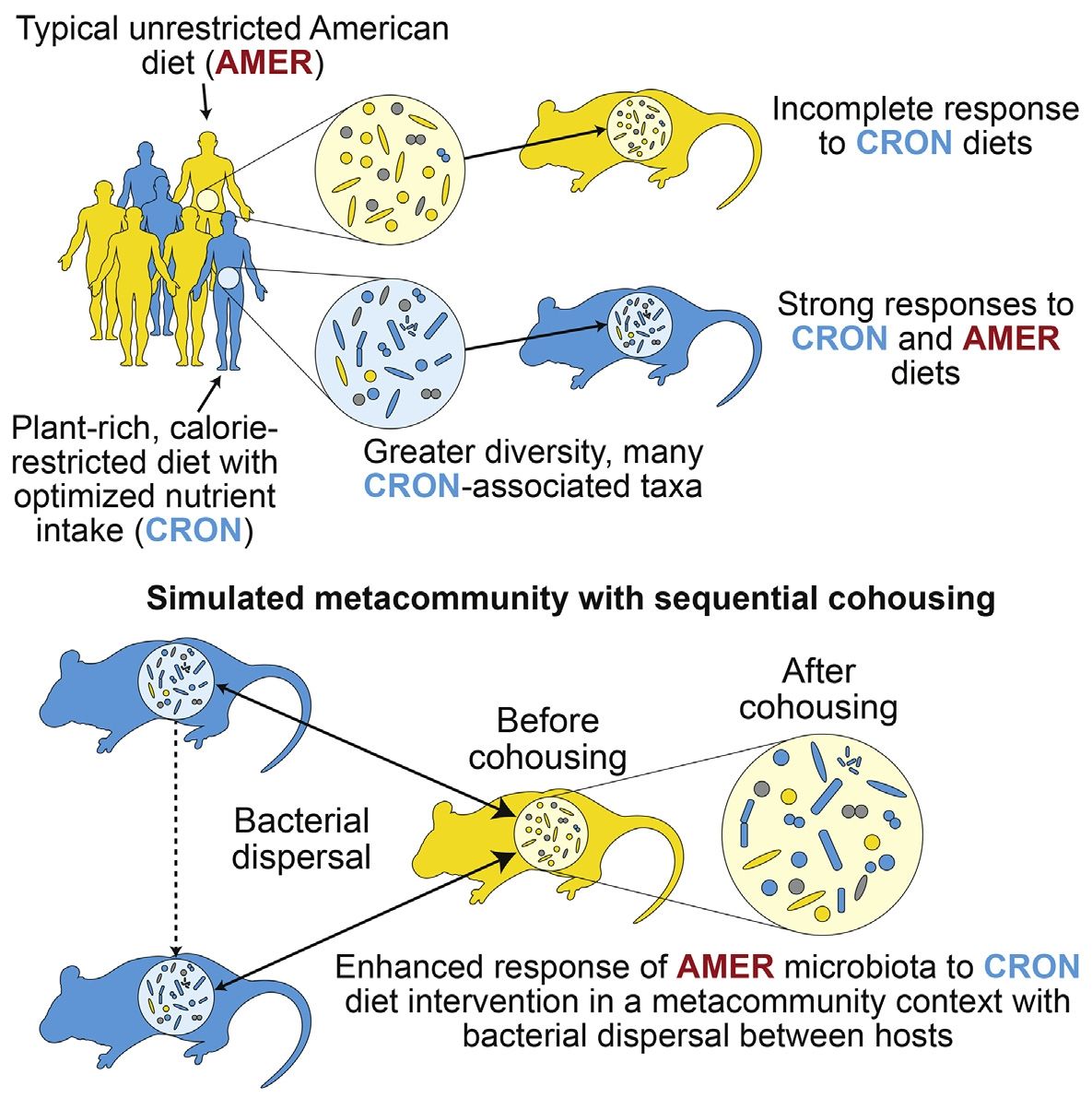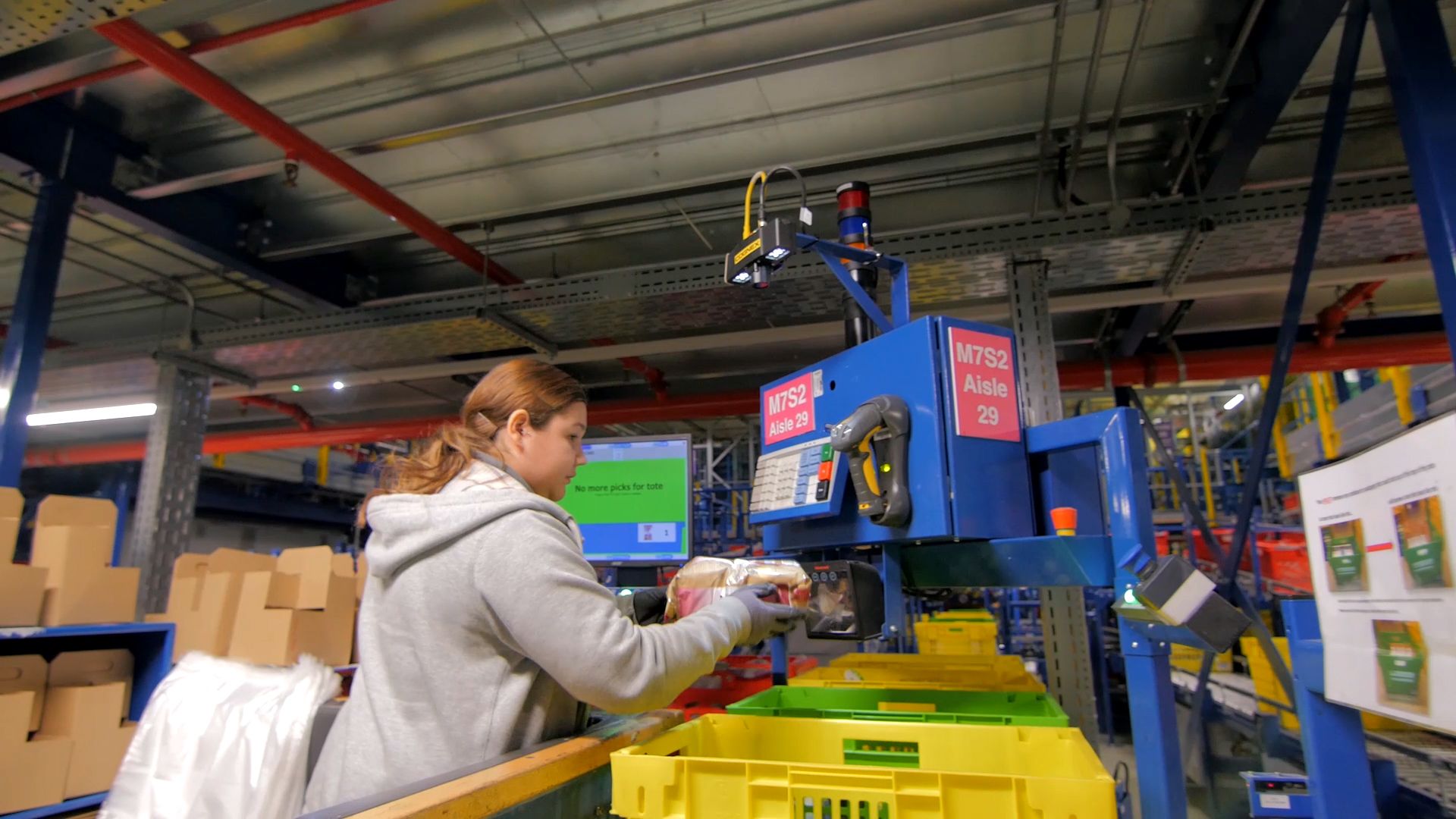If SANTOSH Ostwal and his wife, Rajashree Otswal, were to calculate the number of electricity units saved or the amount of water conserved in terms of money, thanks to their invention, it would be enough to set up a small power plant or building a small dam. The end to a farmer’s daily drudgery and sleepless nights, though, is hard to convert into currency. But then money is something the Ostwal couple have not seen much of in their long journey of taking technology to the farms.
Much before information and communication technology (ICT) for agriculture and rural development became buzzwords and ‘e’ got hyphenated to everything, the Ostwals, both engineers, ventured into wireless irrigation and mobile-to-mobile (M2M) communication systems for agriculture. A remotely controlled pump using the mobile phone and combing it with some clever electronics was the innovation that has made the lives of farmers easier.
The Ostwals’ invention has impacted the lives of four lakh farmers with 50,000 installations in the last 12 years. A smart and affordable device, Nano Ganesh, saves farmers from making treacherous trips in pitch dark to their farms at midnight to access their water pumps and operate them, a daily reality, especially with erratic power supply. When the tired farmer fails to go out and switch off the water pump, there’s wastage of water and electricity. In addition, the excess water damages the soil and crop, hurting them further. If that is not enough, there is the theft of water pumps and cables to be dealt with. These are the problems that the couple set to solve.
